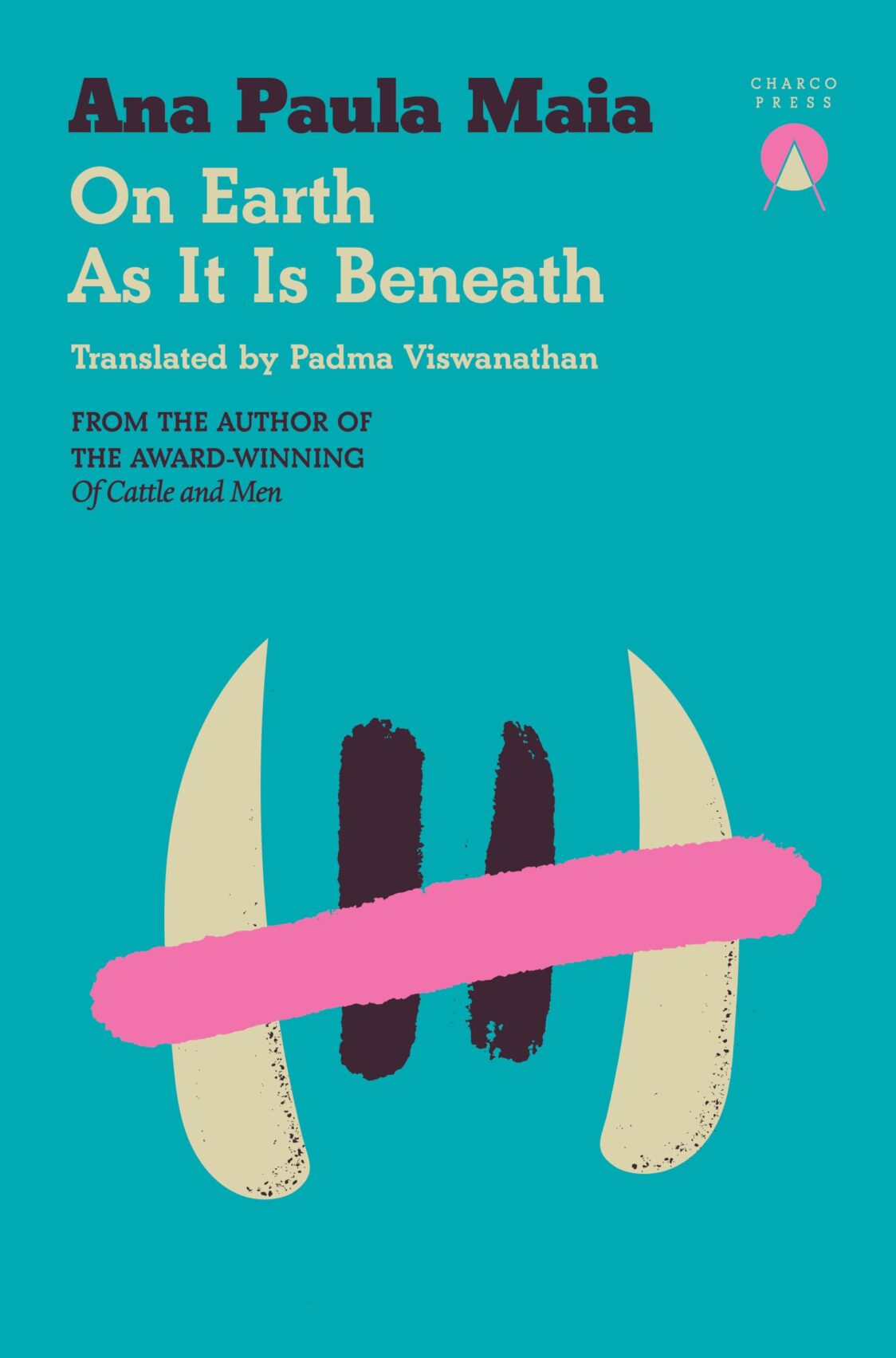Shedding blood will remain their way of life.
A penal colony, built on land historically used for the torture of enslaved people and for killings, was designed to be a model of detention from which no inmate could escape. Over time, the initial purpose of rehabilitating prisoners became distorted. In practice, the colony operates as a death camp.
During its final days, the atmosphere inside seems calm. Yet little by little, the horrors endured within its walls begin to surface. Melquíades, the supreme authority of the place, releases a handful of convicts on nights of the full moon and orders them to run. Thus begins a disturbing game in which he hunts the prisoners as if they were animals.
Every inmate who enters the colony dreams of escape, including Bronco Gil, the slaughterhouse foreman from Maia’s previous novel Of Cattle and Men, and one of the few prisoners left inside. What they don’t know is that their fate is inevitably death—whether hunted down by the guards or upon discovering the horrors awaiting them outside the colony.
RELEVANT INFORMATION: Ana Paula Maia is a Brazilian writer, screenwriter, and musician. “She is considered one of the unmissable voices of the new Brazilian literature.” — Clarín
She is the winner of the Cercador Prize 2023, the PEN Translates Award 2023, and was longlisted for the Republic of Consciousness Prize 2024 in the UK and Ireland. Her previous novel Of Cattle and Men was named by The Guardian and Foyles as one of the best books translated into English in 2023. On Earth as It Is Beneath received the São Paulo Prize for Literature for Best Book of the Year.
With this novel, Maia expands her narrative universe focused on society’s margins: an isolated penal colony, men reduced to cogs in a machinery of violence, and a protagonist caught between the brutality of the system and his own humanity. Maia weaves a story that transcends the local and engages with the tradition of Latin American noir and social literature.
With barren landscapes, sharp dialogue, and characters embodying the tension between survival and extermination, Maia’s universe recalls works like No Country for Old Men, yet with a distinctly Latin American signature.
Critical Acclaim:
“Ana Paula Maia paints the underworld with raw, unflinching strokes, in a prose that seems made for the camera: visual, direct, uncompromising.” — Los Inrockuptibles
“The Brazilian author builds a ferocious allegory of the prison system, where every scene pulses with brutal, cinematic realism.” — Eterna Cadencia
“Narrating the minimal dignity of men the world has chosen to discard.” — Revista Quimera
AUDIOVISUAL POTENTIAL: TV Series, Miniseries, Feature Film, TV Movie.
AVAILABLE LANGUAGES: Portuguese, Spanish, English.


